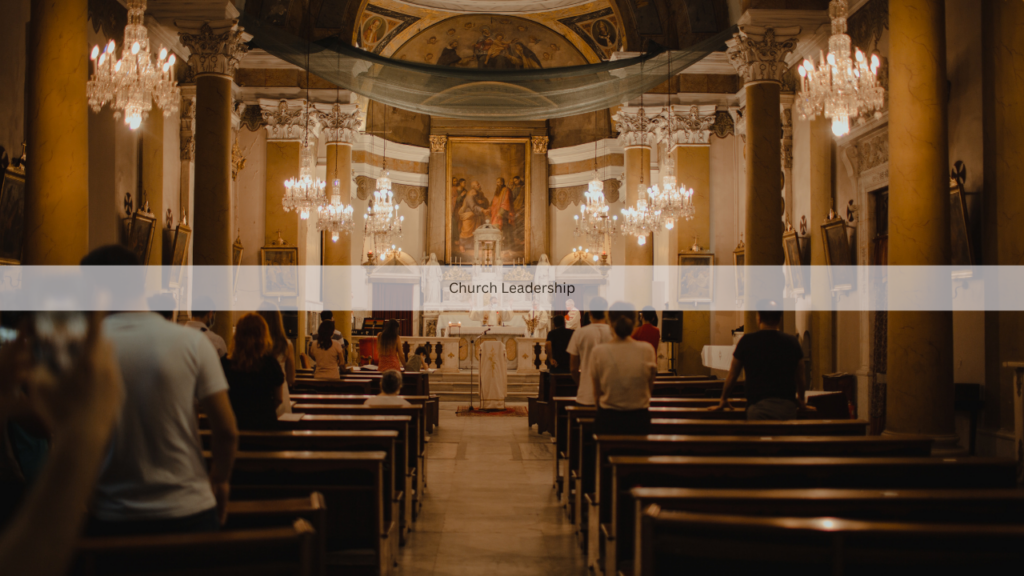
The intersection of feminism and church leadership has become an increasingly important topic in both religious and feminist circles. Historically, many Christian denominations have marginalized women, restricting their roles within the church to those of support and service, while reserving positions of leadership and decision-making primarily for men. However, over the past several decades, there has been a growing movement within various Christian communities to empower women and advocate for their inclusion in all levels of church leadership. This movement, deeply connected to feminist ideals of equality, dignity, and justice, challenges traditional views of gender roles within the church and seeks to create space for women to lead, preach, and shape the future of faith communities.
Historical Context and Traditional Roles
For centuries, women in many Christian traditions were seen as nurturers and caretakers, often fulfilling roles such as teachers, caretakers of the poor, and organizers of church events. These responsibilities, while essential to the functioning of faith communities, were rarely recognized as leadership roles. Instead, church leadership, particularly the roles of pastor, bishop, or elder, were dominated by men. The roots of this gendered division of labor within the church can be traced to traditional interpretations of biblical texts, such as those found in the letters of Paul, which have often been used to justify the exclusion of women from positions of authority.
Feminism and Theological Reinterpretation
Feminism within the church has largely focused on reinterpreting these theological positions and advocating for a broader understanding of gender and leadership within the Christian faith. Feminist theologians have emphasized the importance of re-reading the Bible through a lens of equality and justice. They argue that the exclusion of women from leadership is not a divine mandate but a reflection of the patriarchal culture in which the early church emerged. By reclaiming stories of women in the Bible, such as Deborah, a judge and prophetess, and Phoebe, a deacon in the early church, feminist theologians demonstrate that women have historically played vital roles in the development of the faith.
The Role of Women in Church Leadership Today
In recent decades, many Christian denominations have made significant strides in empowering women to take on leadership roles. In Protestant denominations such as the Episcopal Church, the United Methodist Church, and various Lutheran and Presbyterian branches, women now serve as priests, pastors, and bishops. These changes have been driven by both theological shifts and broader societal movements toward gender equality. The ordination of women and their inclusion in leadership is seen as an affirmation of the equality of all believers and a recognition that leadership is a matter of calling and capability, rather than gender.
However, there remain significant challenges. In more conservative and evangelical traditions, such as Roman Catholicism, Southern Baptist communities, and Orthodox Christianity, women are still barred from ordination and formal leadership positions. While some argue that these traditions are adhering to scriptural mandates, feminist advocates within these communities continue to push for change, calling attention to the gifts and capabilities women bring to ministry.
Conclusion
The intersection of feminism and church leadership is reshaping how faith communities understand gender, power, and authority. As women increasingly step into leadership roles within the church, they not only challenge long-held assumptions about gender but also bring new perspectives and approaches to ministry. This movement toward gender equality in leadership is not just a matter of social justice but a reflection of the church’s commitment to recognizing and affirming the image of God in all people—regardless of gender. Empowering women in faith, through leadership and ministry, enriches the church and allows it to more fully reflect the diversity and inclusivity of God’s kingdom.